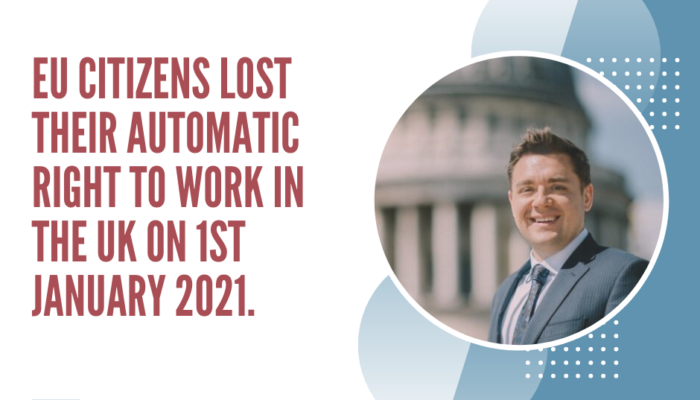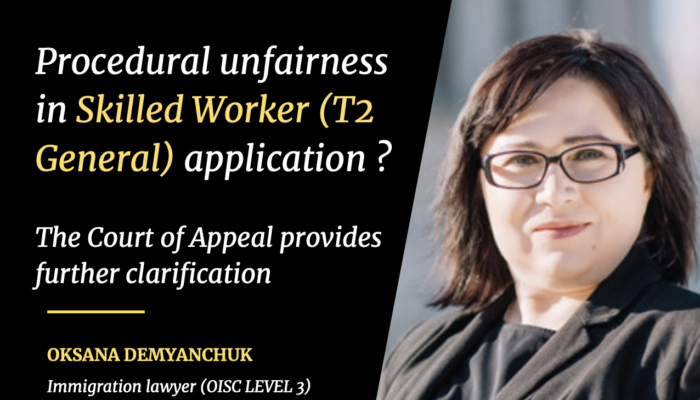What is a civil partnership?

Civil partnerships are becoming an increasingly popular alternative to marriage in the United Kingdom. Couples considering forming a civil union should research different aspects of the procedure before opting for this type of partnership, from understanding the basic concept to learning the rights of civil partners.
What is a civil partnership?
By definition, a civil partnership is a legal relationship between two individuals after they register as civil partners, which gives them similar legal rights to married couples. The relationship is legally recognised, , making it a viable alternative to marriage in the UK.
Originally , civil partnerships were created to allow same-sex couples to enter into a union. However, now any couple is eligible to form a civil partnership. There are multiple differences between a civil partnership and marriage that couples should know about, and both forms of legally registering relationships have their own advantages and drawbacks.
Pros and cons of civil partnership
The first advantage of a civil partnership is the legal recognition it provides. A civil partnership offers same-sex couples and opposite-sex couples the opportunity to gain legal recognition of their relationship. Civil partnership provides couples with almost exactly the same rights as married couples, and it also includes all the legal safeguards and protections for each partner. These protections cover property rights, inheritance, partner benefits, and even events of separation or death of one of the partners.
Another advantage of civil partnerships is their flexibility. The partners do not enter a civil union with vows, and in general, the procedure does not have the same religious connotations as marriage.
As for the drawbacks, the main one is a lack of legal recognition abroad. This may not be a significant issue for couples who wish to travel on international visits, but in case they decide to settle down in a different country, they might face more difficulties. Some countries do not recognise civil partnerships in the same way as the United Kingdom does, which means the couple may not be able to enjoy the same rights and benefits as married couples there.
Another downside to choosing a civil partnership can arise from the confusion many people have regarding this type of relationship. In the United Kingdom, most people have a basic idea of what a civil partnership is, but when visiting countries that only recognise marriage, couples might find it difficult to explain their relationship to others.
What are the differences between a marriage and a civil partnership?
The main difference between a marriage and a civil partnership is the way the legal relationship starts. When forming a civil partnership, the partners just sign the corresponding documents without having to say vows as married couples do.
The ceremony does not involve any religious rituals and does not have the same religious implications, which might be seen as either an advantage or as a downside, depending on the views of the partners.
The other set of differences relates to the termination of the relationships. Even though the outcome is the same as in marriage – the couple terminates the relationships and their common assets are divided between the partners – the way this division works and the procedure for termination are slightly different for civil partnerships.
Who can register a civil partnership?
The requirements for partners who wish to enter a civil union are fairly straightforward. First of all, both partners have to be aged eighteen or more in order to initiate the procedure in England and Wales.
Additionally, the partners are required not to already be in a registered relationship at the time they register a civil partnership. This means they cannot be already married or in a civil partnership with a different person. Since civil partnership is designed for unrelated individuals, people who have close blood relations to each other are not allowed to form a civil union.
There are some different and additional rules that apply to those getting married in Scotland, so couples based in Scotland should research these rules before they initiate the procedure.
How to register a civil partnership?
There are two main stages of registering a civil partnership, and the process is also fairly straightforward.The partners will need to give legal notice before planning the ceremony and making a decision about its intended date.
Giving Notice
Once engaged to form a civil partnership, the couple has to give legal notice to the local register office. This procedure requires signing the corresponding legal documents and is designed to inform the register office about your intentions to enter into the relationship.
The timings are very important in this step, as the legal notice must be given at least 29 days prior to the ceremony itself. On top of that, the ceremony has to be held within twelve months after giving legal notice, so the couple has to plan the ceremony within this time frame. Couples that fail to hold a ceremony within this time frame will have to restart the process and give legal notice again.
The notice is given at a local register office, and the couple is required to have lived in the area for at least a week before filing the documents. Partners who reside in different areas are supposed to give legal notice separately, and it does not need to happen on the same day.
The procedure can be more complicated for international couples, as couples which include a partner from outside the UK may be subject to an investigation of the genuineness of the relationship.. The register office will have to notify the immigration department authorities, who will decide whether to investigate or not. If they decide to investigate, this results in a wait of 70 days before the registration can take place.
Registration
The next step of the procedure is the registration itself. It might be performed in any office that is eligible to register civil partnerships, so couples have enough flexibility in terms of choosing the location.
As already mentioned, civil partnerships are legally similar to marriages, so there are many additional rules for various specific situations and conditions. For example, people who are considered to be housebound are not required to travel to register a civil partnership, and similar rules apply to people who are considered to be seriously ill.
All of these rules cannot be detailed in one article, as they cover a wide variety of conditions and circumstances. In general, in case the couple is unable to follow the standard procedure for a good reason, they should seek to discover the alternative options they have in order to proceed with forming a civil union.
How much does a civil partnership cost?
The fees for registering a civil partnership might vary depending on the local authority and many other potential circumstances.. The fee increases in case one of the partners is from outside the UK, and there might be other circumstances that affect the overall cost.
The partners have to keep in mind that there is a fee to pay for registration, and, following this, they will still need to cover all the costs associated with the ceremony they have planned.
Rights of civil partners
The rights of civil partners are very similar to the rights of married couples, although there are some minor differences in the way the laws are applied. Civil partners are allowed to have children together and jointly adopt children, although in order for the documents to be approved, it is necessary for the partners to live together.
The financial rights are definitely more flexible with civil partners than with married couples. Couples in civil partnerships can choose whether to have a joint account or have their own separate bank accounts.
Inheritance is also rather straightforward in civil partnerships. With funds in bank accounts, in case one of the partners dies, the other is eligible to receive all the inherited funds no matter whether they are held in a joint account or in a separate account of their partner.
Couples in a civil partnership can follow the standard procedure of leaving a will, but in case one of the partners dies without leaving one, there are laws applied to the distribution of assets. The same applies to children of civil partners, as they may also be eligible to inherit assets according to the standard procedures of inheritance.
Ending a civil partnership
Civil partnership can be terminated through dissolution. The couples have to file the corresponding application, and the only significant requirement is for them to have been in a civil union for at least one year.
The process of dissolution involves applying to a court, although it may not be necessary to visit the court unless there are any disputes related to distribution of assets or custody of children.
How can we help?
We at Sterling Law are always ready to consult couples on any matters related to civil partnerships. Our solicitors can provide the advice you need to make the best decision, and we always exercise an individual approach. We will review your situation and provide assistance based on your specific conditions.
If there are any legal issues within the civil partnership, Sterling Law has years of experience in both marriage and civil partnership law – contact us for help! This includes custody of children, property and financial ownership, and other issues. Feel free to book an online consultation on the website or visit our office in London.

















